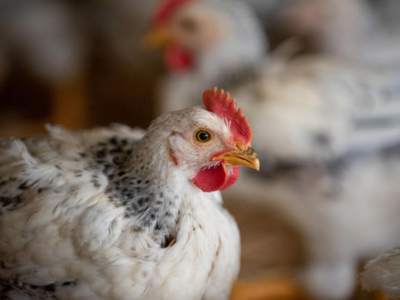Latest News

Thriving, efficient small-scale aquaculture starts with a reliable fish seed supply
15/04/2024

FAO trains farmers in Kyrgyzstan in modern horticultural techniques
10/04/2024
Horticulture can not only help farmers improve their incomes and livelihoods but also offer nutritious food and healthy diets for citizens in Bishkek and around the world. However, achieving this will require a great deal of innovation.
For this reason, the Food and Agriculture Organization of the United Nations (FAO), together with the Kyrgyzstan Ministry of Water Resources, Agriculture and Processing Industry, launched the project “Introduction and promotion of innovative approaches for adopting best technologies for horticulture” in 2023 that aims to introduce and promote advanced practices and innovative solutions in horticulture in Kyrgyzstan.
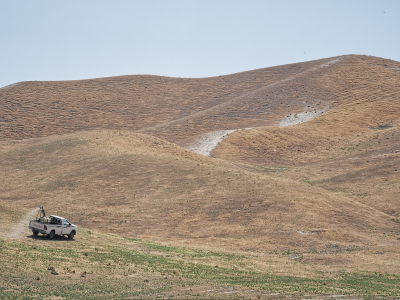
FAO and Tajikistan: a new round of locust mitigation activities
08/04/2024

FAO, GCF collaborate to strengthen climate partnerships in Eastern Europe and Central Asia
02/04/2024
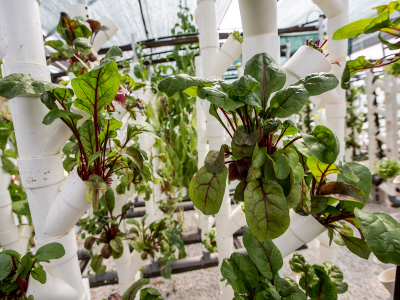
Closing the loop: building a zero-waste food system
28/03/2024

FAO boosts animal health training with accredited online courses
27/03/2024

2030 Agenda for Sustainable Development at centre of regional forum
25/03/2024
Realizing the Sustainable Development Goals (SDGs) and ensuring a sustainable future for all is central to the work of the Food and Agriculture Organization of the United Nations (FAO). Data released by FAO from 2023 showed that the world is off-track to meet most of the Sustainable Development Goal (SDG) targets linked to hunger, food security, and nutrition. Given the increasingly short deadline to meet the 2030 Agenda, FAO, in collaboration with UN partners, has contributed to the 2024 Regional Forum on Sustainable Development, an event that provided a venue for participants to exchange knowledge, best practices, and policy solutions to support the 2030 Agenda for Sustainable Development.
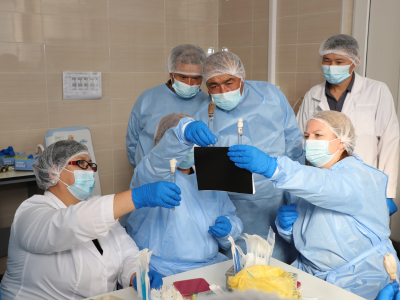
New programme addresses zoonotic diseases and strengthens animal health services in Kyrgyzstan
15/03/2024
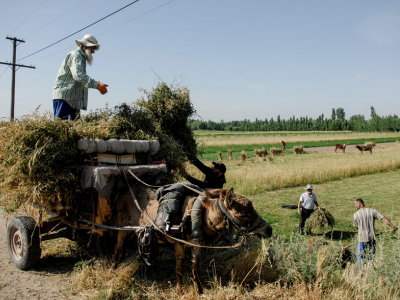
First national forum of cooperatives held in Dushanbe
14/03/2024
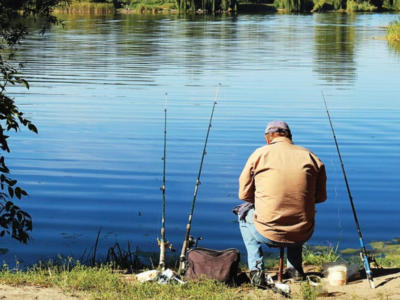
Slovenia becomes 38th member of the European Inland Fisheries and Aquaculture Advisory Commission
11/03/2024

Women at the forefront of agrifood systems transformation
08/03/2024

Women-led cooperatives foster resilience amidst adversity in Türkiye
06/03/2024

Tajikistan’s rural women and youth increase resiliency against gaps left by labour migration
04/03/2024
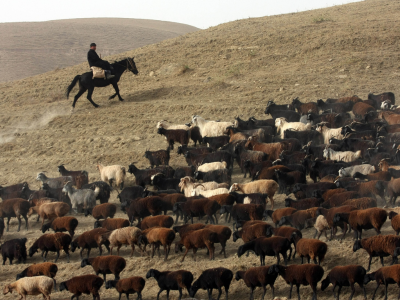
Animal health services in Uzbekistan bolstered by joint FAO-USAID project
04/03/2024
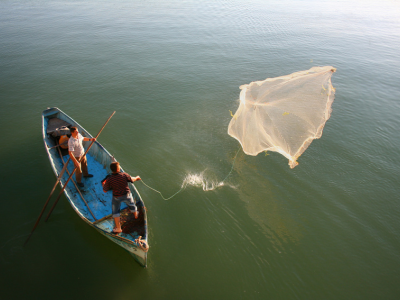
Fisheries experts join forces as Fish Forum 2024 scales up science and innovation
01/03/2024
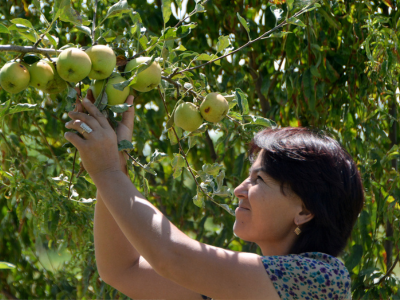
GEF allocates USD 26 million to environmental projects in Central Asia
01/03/2024
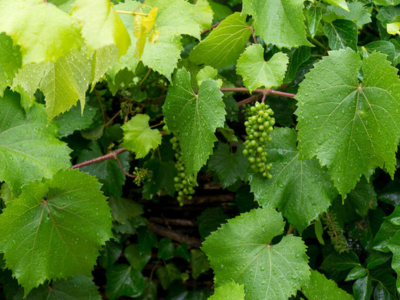
FAO support coming to table grape producers in the Republic of Moldova
29/02/2024
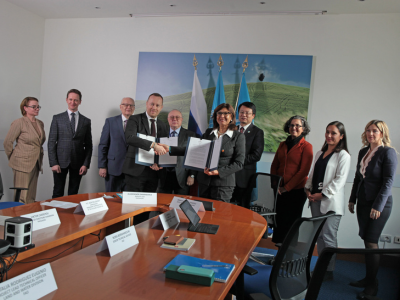
Russia’s PhosAgro contributes an additional $3 million to help thousands of farmers adopt soil-improving management practices
29/02/2024
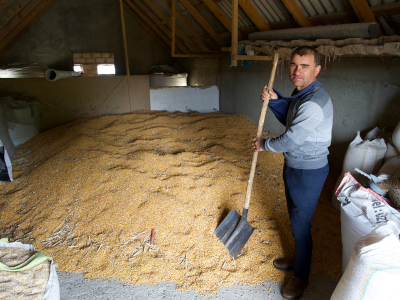
Seeds and fertilizer bring relief to Moldovan farmers
28/02/2024
